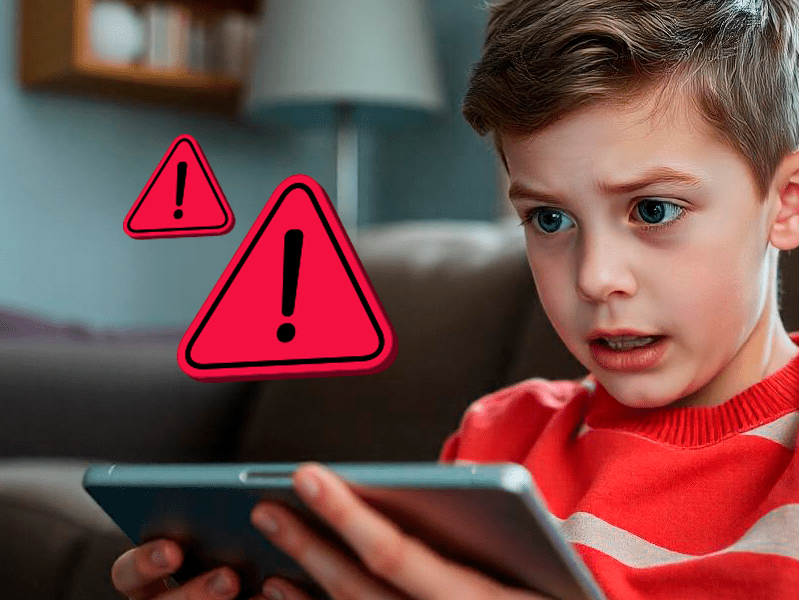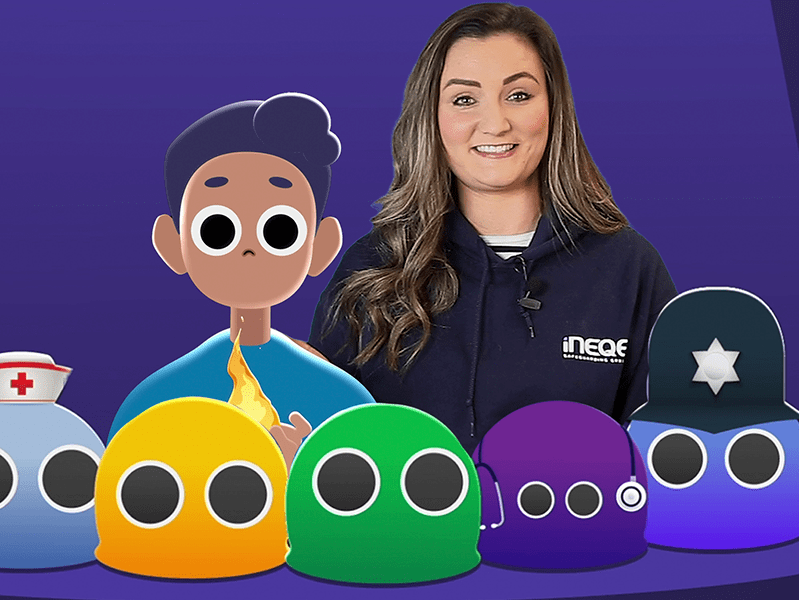Our online safeguarding experts have received reports about a YouTube cartoon series called Jeffy. At first glance, the puppet-style cartoon could be mistaken for child-appropriate content. However, Jeffy is part of a wider trend of animated videos that may look child-friendly but content-wise, they’re anything but.
We’ve produced this brief for parents, carers and safeguarding professionals to learn about what Jeffy and other adult animations are, the risks they pose to those in their care, and how they can respond.
Here’s what you need to know…
What is Jeffy?
- Jeffy is a puppet character featured in series of YouTube videos. The channel behind Jeffy has over five million subscribers and each video posted gains millions of views.
- The character of Jeffy has been criticised for portraying an offensive stereotype of someone with unspecified learning difficulties or disability. The creator has argued against this characterisation, saying Jeffy is meant to be funny and does not represent someone with a disability.
- Despite the video’s child-friendly animation style, our online safety experts found videos portraying sexual content, nudity, violence, gore, profanity and more inappropriate themes.
In 2017, a mother found her 7-year-old son with a ligature around his neck, mimicking actions they had seen in a Jeffy video. The noose was safely removed, and the creator of Jeffy apologised, adding that the videos are: “not to be imitated and are for entertainment purposes only”.
What are the risks of Jeffy and other adult-animations to children and young people?
- As the style of these animations is similar to other videos they view, children and young people may click onto content without realising it contains harmful material.
- Even after viewing, a child may not realise how problematic the behaviour they’ve viewed is if they believe they are watching an age-appropriate cartoon.
- Children and young people may copy behaviours and language they have viewed. This is not exclusive to the home environment as some content shows settings outside of the home, for example Jeffy at school.
- When exposed to inappropriate content, such as sexualised content, children may struggle to explain to an adult what they have seen and/or what is upsetting them, or they may worry they will get into trouble.
Top Tips
- Stay calm. If you suspect the child or young person in your care has watched Jeffy or other inappropriate cartoon-style content, don’t panic. Approach them calmly, ask open questions and listen. Importantly, avoid mentioning Jeffy or similar animations by name as you may be accidentally alerting them to something they knew nothing about!
- Talk to them. If you know for sure they have viewed inappropriate content, ask them to explain what they have seen and give them space to tell you in their own words. It may be emotional or embarrassing to discuss, but being able to talk through complex feelings in a supportive environment will help them.
- Never leave the safeguarding to someone else. Even though platforms like YouTube have age restrictions and moderators, they are not perfect and should not be relied upon to keep the child or young person in your care safe online.
- Identify help. It’s important that children and young people have someone they can turn to for help, even if that person is not you. Use our Trusted Adults resource to highlight who these people are for them.
- Check safety settings. Ensure the correct safety settings are in place on the devices your child has access to and use the Online Safety Centre to learn how to restrict content, block and report on the platform.
- Keep the conversation going. Your child’s online safety should be an ongoing discussion. Just as you would ask questions about their offline life, make their online experiences just as regular a topic in your household or the classroom.
Join our Online Safeguarding Hub Newsletter Network
Members of our network receive weekly updates on the trends, risks and threats to children and young people online.
Who are your Trusted Adults?
The Trusted Adult video explains who young people might speak to and includes examples of trusted adults, charities and organisations.
Discussing Online Life With Your Child
Use our video for guidance and advice around constructing conversations about the online world with the children in your care.







